Winter Olympics: controversy ahead of Beijing 2022
The build-up to the games has been marred by boycotts, protests and Covid restrictions
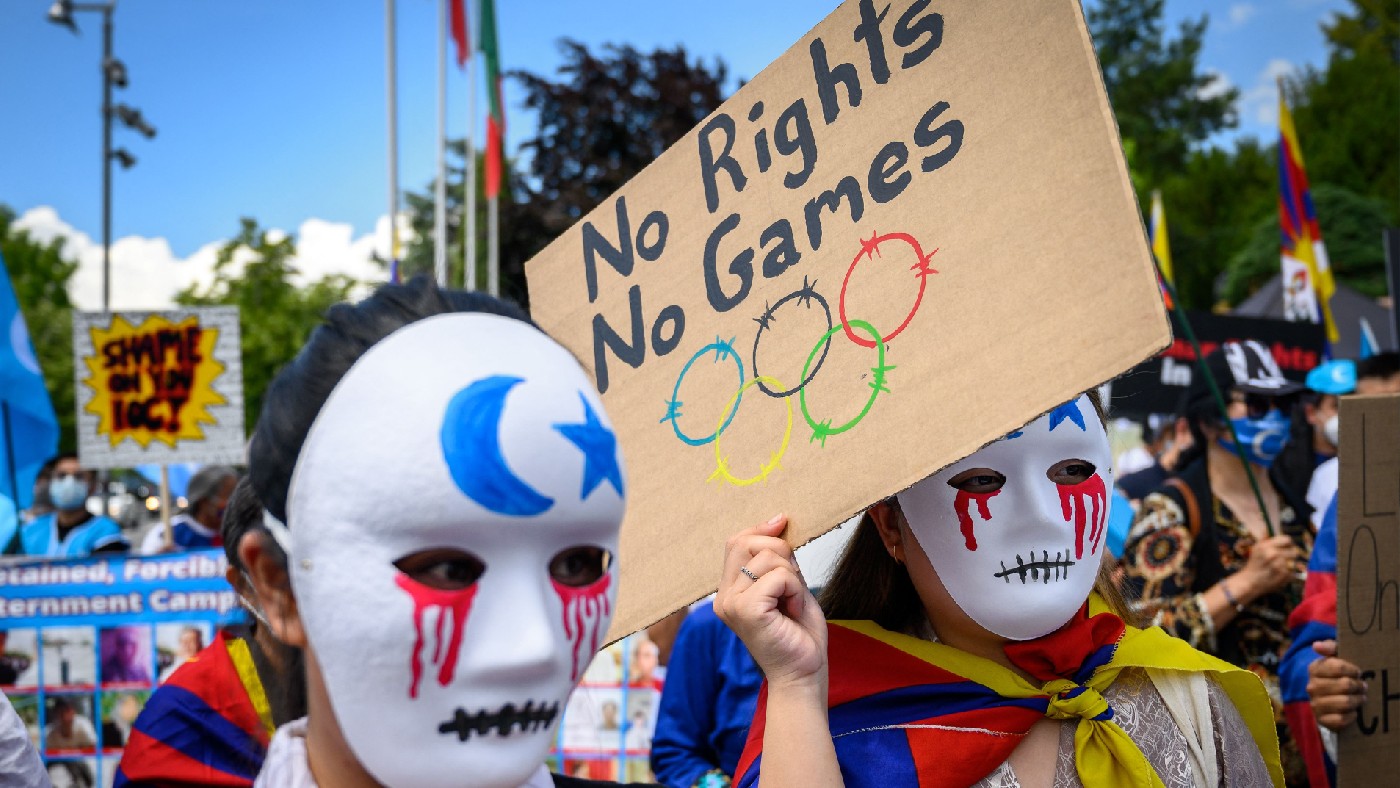
A free daily email with the biggest news stories of the day – and the best features from TheWeek.com
You are now subscribed
Your newsletter sign-up was successful
The 2022 Winter Olympic Games, which are taking place in Beijing in February, have already been marred by controversy despite being three months away.
On Tuesday, the Foreign Correspondents Club of China (FCCC), which represents Beijing-based journalists reporting for international publications, released a statement calling on the country’s Olympic organising committee to “improve international reporting conditions in the run-up to, and during, the Games”.
The statement, posted on Twitter, said the FCCC was “concerned about the lack of transparency and clarity” from China’s organising committee and the International Olympic Committee (IOC) “with regards to Olympic-related reporting in China”.
The Week
Escape your echo chamber. Get the facts behind the news, plus analysis from multiple perspectives.

Sign up for The Week's Free Newsletters
From our morning news briefing to a weekly Good News Newsletter, get the best of The Week delivered directly to your inbox.
From our morning news briefing to a weekly Good News Newsletter, get the best of The Week delivered directly to your inbox.
It added that over the last year, foreign journalists have been “continuously stymied” when attempting to cover China’s preparations for the Winter Olympics, which included observing “the arrival of the Olympic flame”. The FCCC said this was “a stark contrast” to the coverage made possible during the Beijing Summer Olympics in 2008.
At a regular press briefing on Tuesday, Chinese Foreign Ministry spokesman Wang Wenbin dismissed the FCCC’s claims and blamed strict Covid-19 restrictions on the tightening of media access. He also noted “that organisers planned to invite more media to future events”, Bloomberg reported.
Pressure to boycott
The FCCC statement is “the latest sign of tensions between China and the global community over the international sporting event”, Bloomberg added.
A free daily email with the biggest news stories of the day – and the best features from TheWeek.com
Earlier this year, the World Uyghur Congress, a coalition of more than 180 organisations including exiled Uyghur groups, called on governments to boycott the games because of China’s treatment of its ethnic minorities, describing them as “a genocide Olympics”.
However, Dick Pound, the longest-serving member of the IOC, rejected the criticism, telling the BBC that the organisation’s decision on where to host the games “is not made with a view to signalling approval of a government policy”.
The G20, the leaders of the world's richest economies who met in Rome last week to discuss matters including climate change, Covid and the global economy, has been repeatedly urged to lead a diplomatic boycott of the Winter Olympics.
A diplomatic boycott would mean that government representatives would be absent “while allowing athletes to participate in the games”, explained the Olympics news website Inside the Games.
So far, no country has agreed to a boycott, but European, British and American lawmakers “have all voted for their diplomats to do so”, said Reuters.
Protests and disruption
A torch-lighting ceremony in Greece last month was disrupted by human rights activists waving a Tibetan flag and a banner reading “No Genocide Games”.
According to Reuters, the activists gained access to the ancient Greek stadium where the ceremony was being held by sneaking past a police cordon.
“While [Greece’s Olympic Committee] respects individual rights to freedom of expression, it is disappointing that this traditional cultural event has been used by a few individuals for other purposes,” read a statement released by the committee in charge of organising the event.
Demonstrations also took place in Rome during the G20 summit and protests are expected to occur during the Cop26 climate summit which is currently being held in Glasgow.
Covid remains ‘biggest challenge’
But despite all the criticism being levelled at the games, as well as the demonstrations, the Winter Olympic’s Chinese organisers have insisted that Covid has remained the biggest hurdle in making the event a reality.
Speaking to reporters on 27 October to mark 100 days until the Winter Olympics, organising committee official Zhang Jiandong cited “epidemic prevention and control” as the “biggest challenge” for hosting the Beijing event.
The committee has made a “strict Olympic bubble” official, said the Associated Press, with those taking part in the games required to remain in a “closed loop” for training, competing, transport, dining and accommodation.
International spectators and family members are not able to attend and all participants must be fully vaccinated.
Kate Samuelson is The Week's former newsletter editor. She was also a regular guest on award-winning podcast The Week Unwrapped. Kate's career as a journalist began on the MailOnline graduate training scheme, which involved stints as a reporter at the South West News Service's office in Cambridge and the Liverpool Echo. She moved from MailOnline to Time magazine's satellite office in London, where she covered current affairs and culture for both the print mag and website. Before joining The Week, Kate worked at ActionAid UK, where she led the planning and delivery of all content gathering trips, from Bangladesh to Brazil. She is passionate about women's rights and using her skills as a journalist to highlight underrepresented communities. Alongside her staff roles, Kate has written for various magazines and newspapers including Stylist, Metro.co.uk, The Guardian and the i news site. She is also the founder and editor of Cheapskate London, an award-winning weekly newsletter that curates the best free events with the aim of making the capital more accessible.
-
 Local elections 2026: where are they and who is expected to win?
Local elections 2026: where are they and who is expected to win?The Explainer Labour is braced for heavy losses and U-turn on postponing some council elections hasn’t helped the party’s prospects
-
 6 of the world’s most accessible destinations
6 of the world’s most accessible destinationsThe Week Recommends Experience all of Berlin, Singapore and Sydney
-
 How the FCC’s ‘equal time’ rule works
How the FCC’s ‘equal time’ rule worksIn the Spotlight The law is at the heart of the Colbert-CBS conflict
-
 The Olympic timekeepers keeping the Games on track
The Olympic timekeepers keeping the Games on trackUnder the Radar Swiss watchmaking giant Omega has been at the finish line of every Olympic Games for nearly 100 years
-
 Nordic combined: the Winter Olympics sport that bars women
Nordic combined: the Winter Olympics sport that bars womenIn The Spotlight Female athletes excluded from participation in demanding double-discipline events at Milano-Cortina
-
 The price of sporting glory
The price of sporting gloryFeature The Milan-Cortina Winter Olympics kicked off this week. Will Italy regret playing host?
-
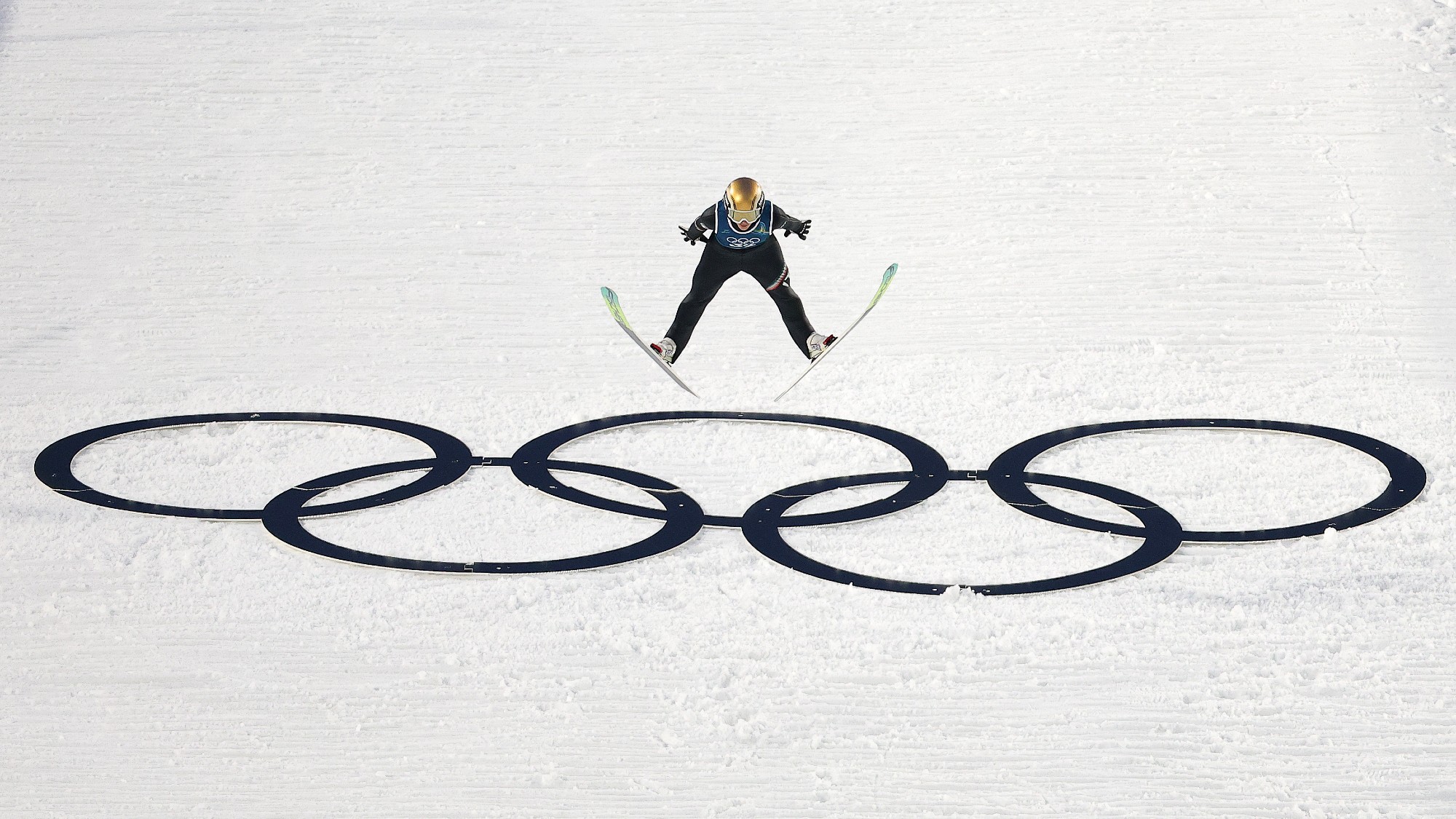 What to watch out for at the Winter Olympics
What to watch out for at the Winter OlympicsThe Explainer Family dynasties, Ice agents and unlikely heroes are expected at the tournament
-
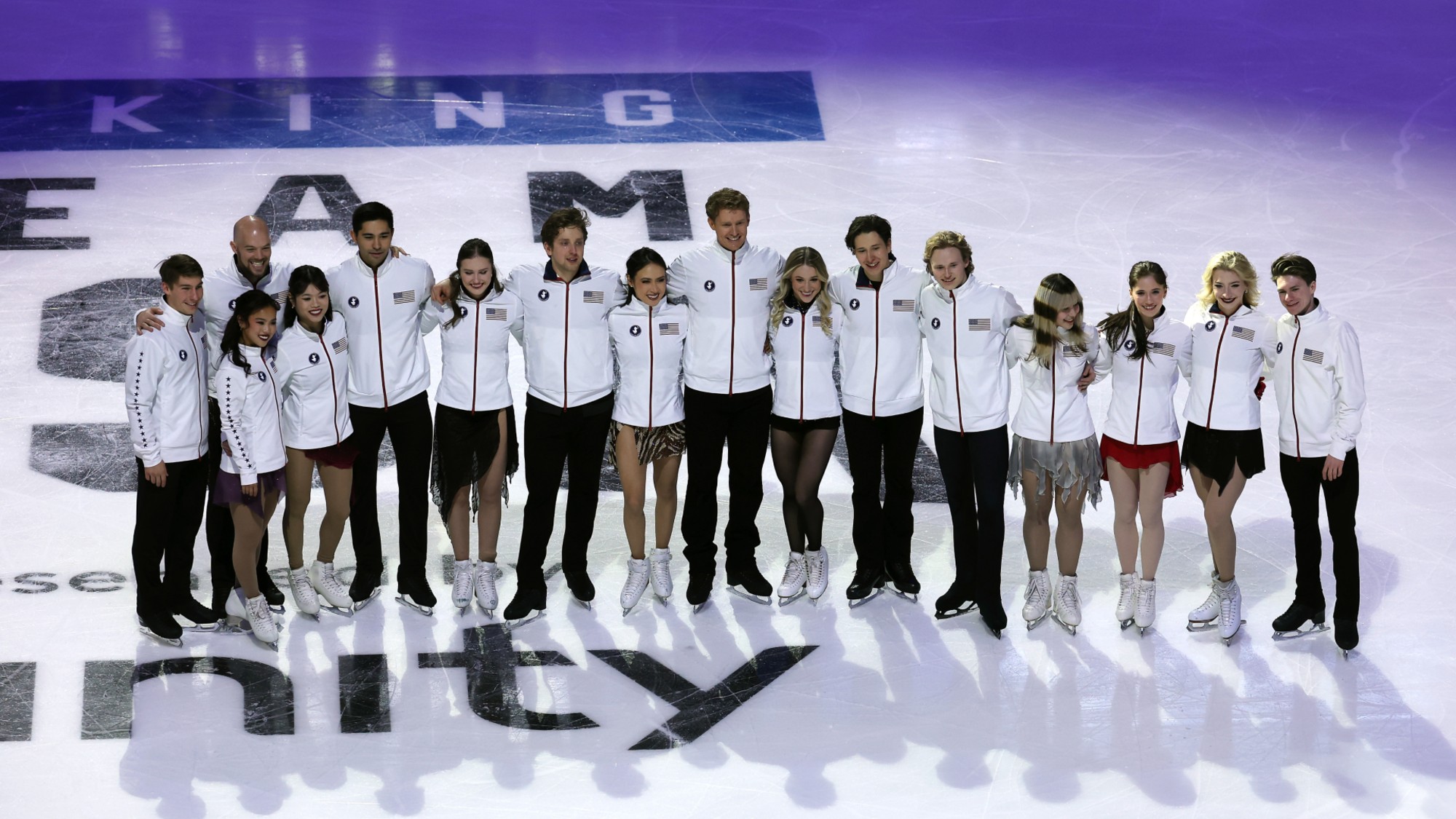 The US Olympic figure skating team might be the ‘greatest’ ever
The US Olympic figure skating team might be the ‘greatest’ everIn the Spotlight The team will take to the ice in February
-
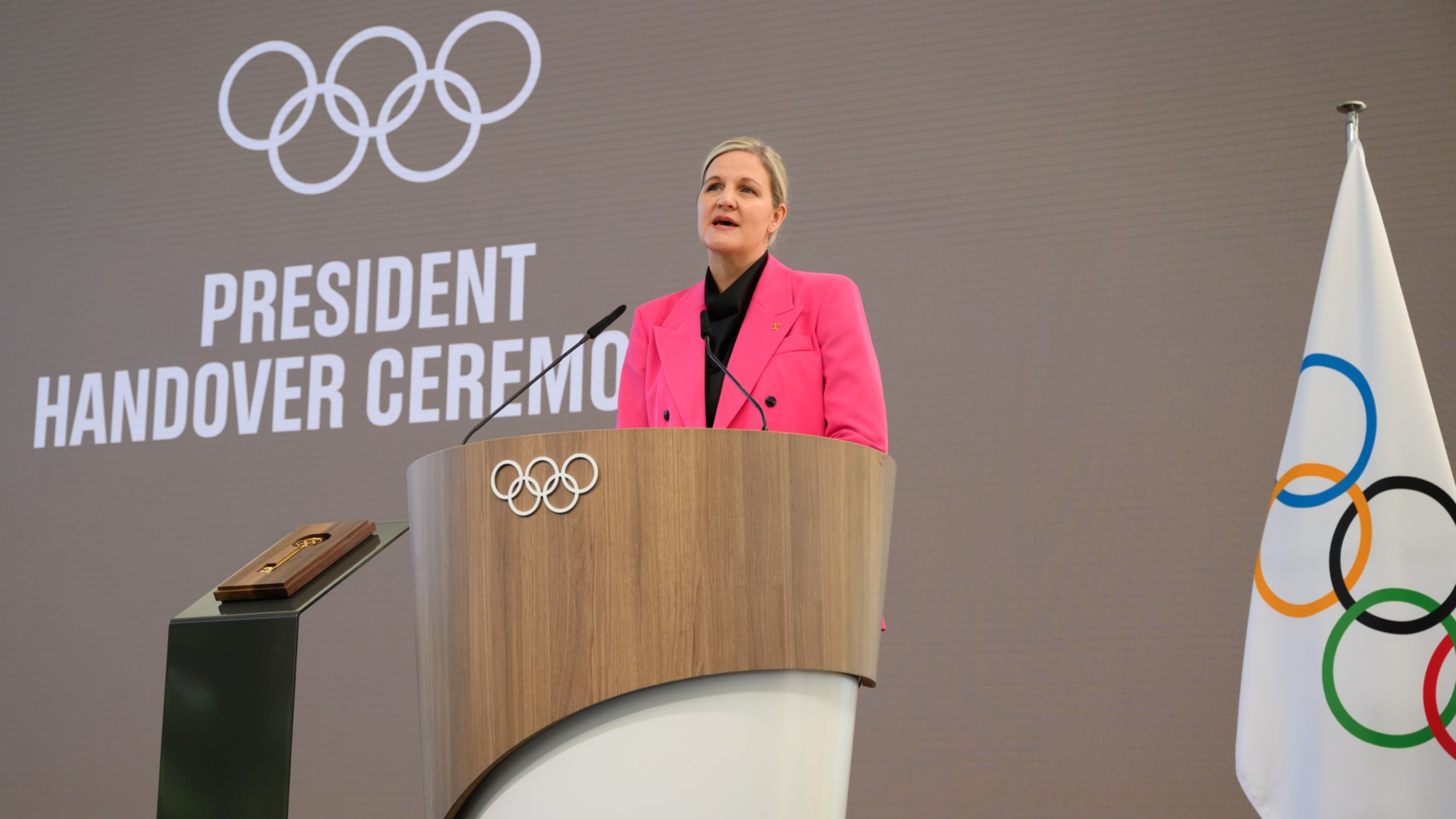 Kirsty Coventry: the former Olympian and first woman to lead the IOC
Kirsty Coventry: the former Olympian and first woman to lead the IOCIn the Spotlight Coventry, a former competitive swimmer, won two Olympic gold medals
-
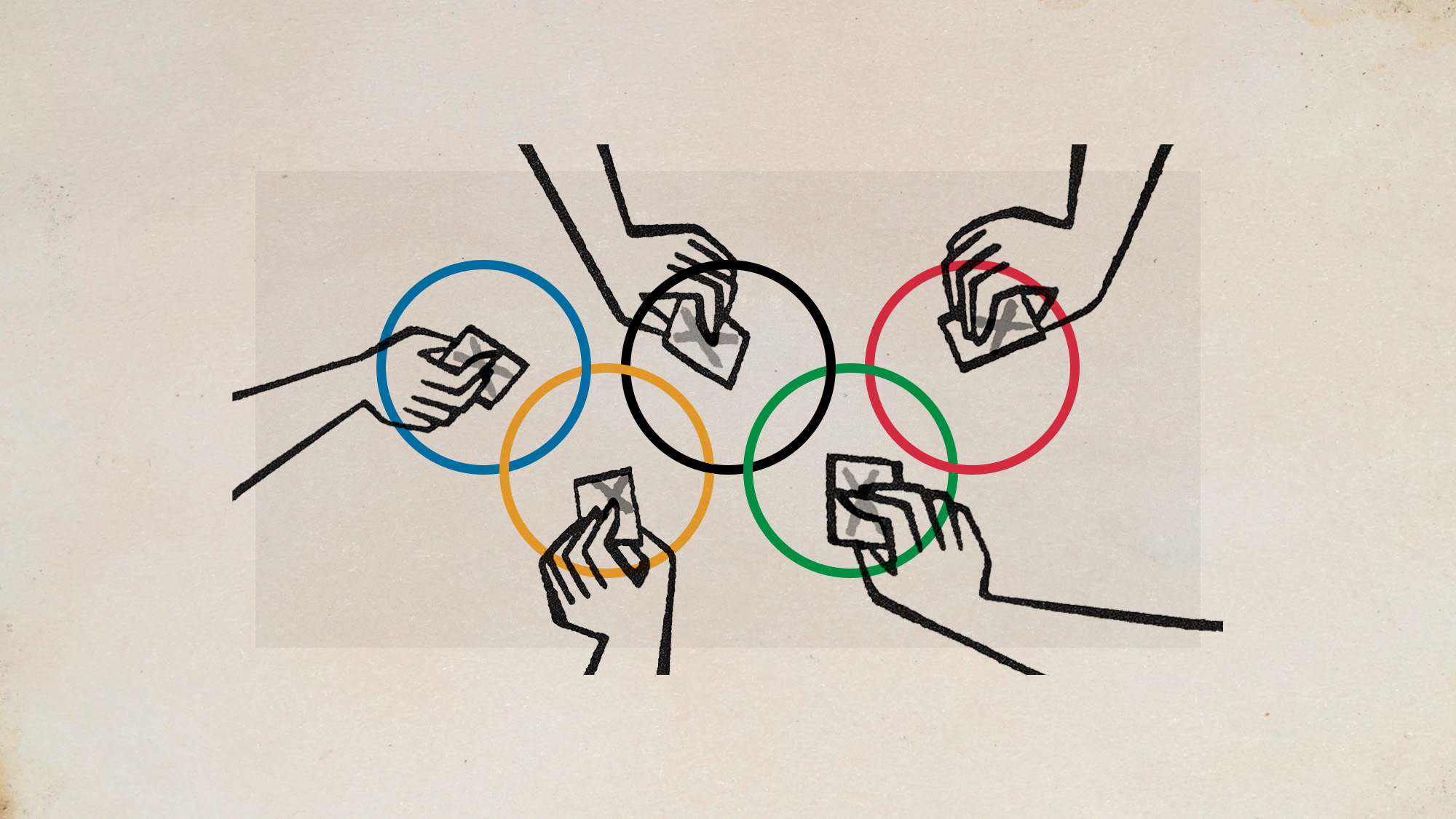 The 'secretive and strange' battle for the most powerful role in sport
The 'secretive and strange' battle for the most powerful role in sportUnder The Radar Sebastian Coe among the contenders as the International Olympic Committee gathers to choose its next president
-
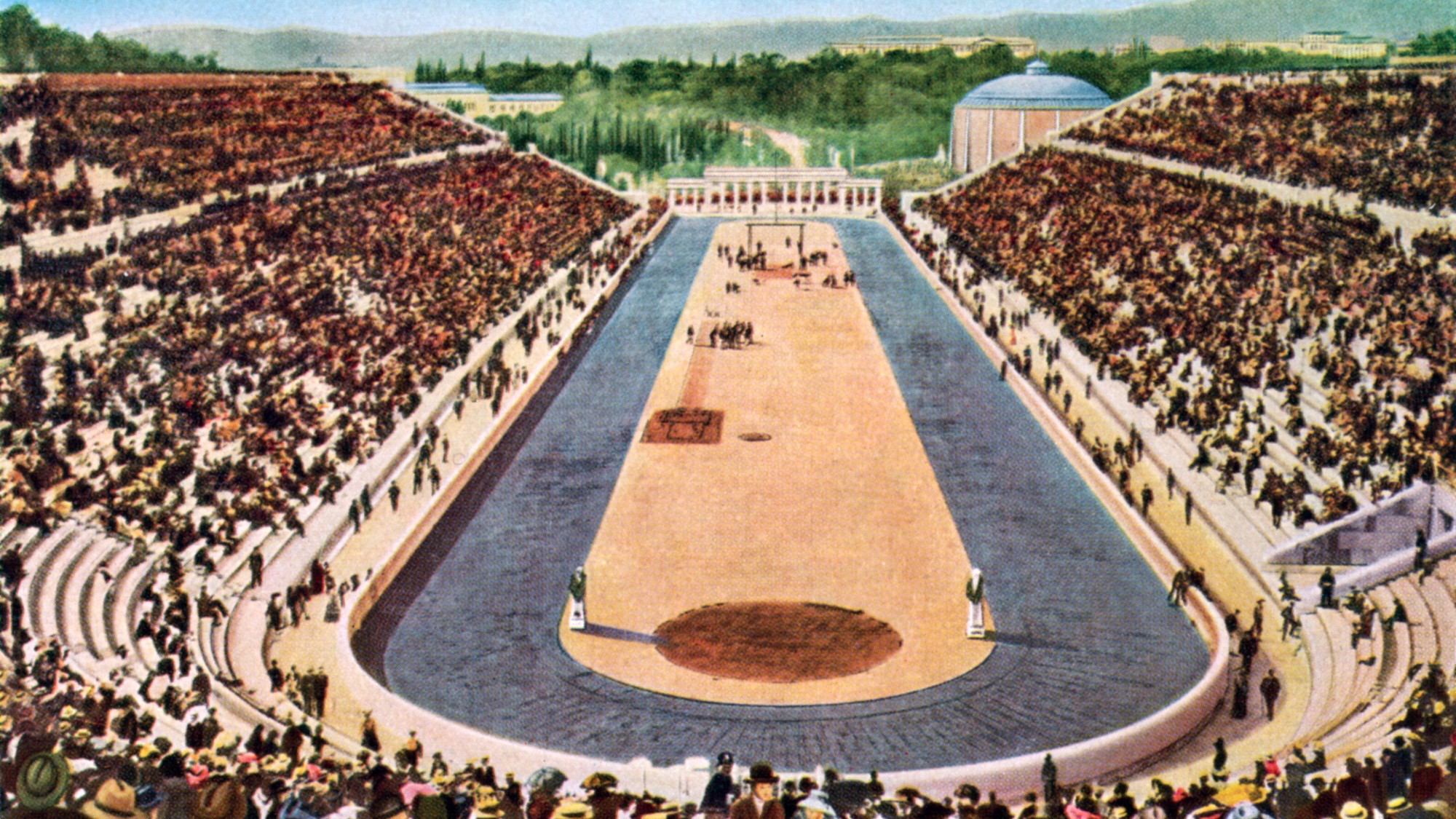 And the gold goes to the wackiest events of Olympics past
And the gold goes to the wackiest events of Olympics pastThe Explainer Prior games have included contests like pigeon shooting and hot air ballooning